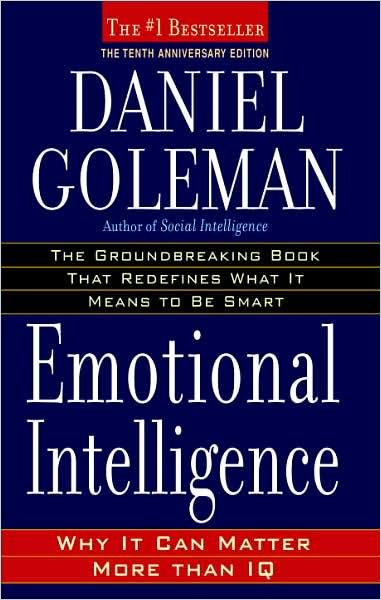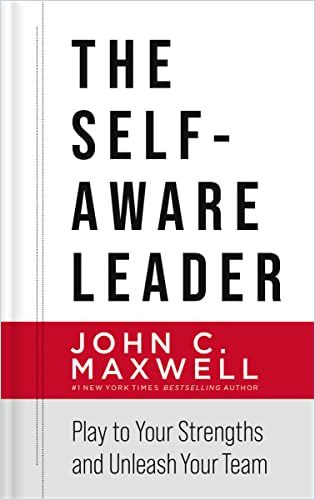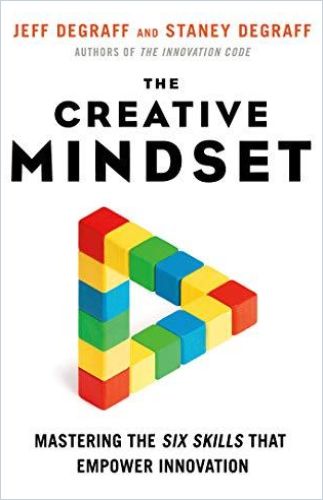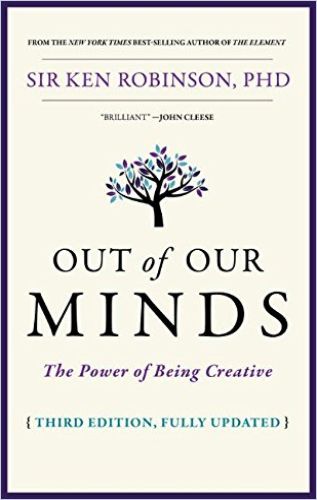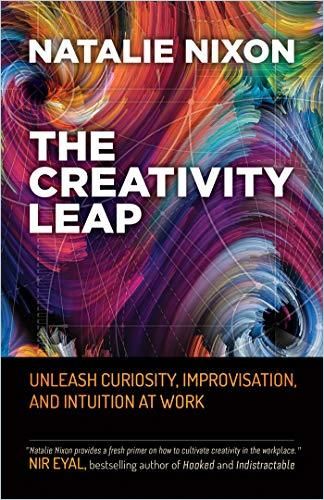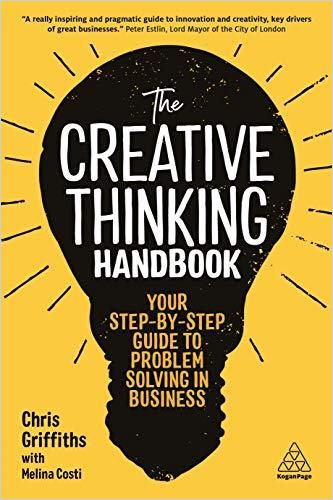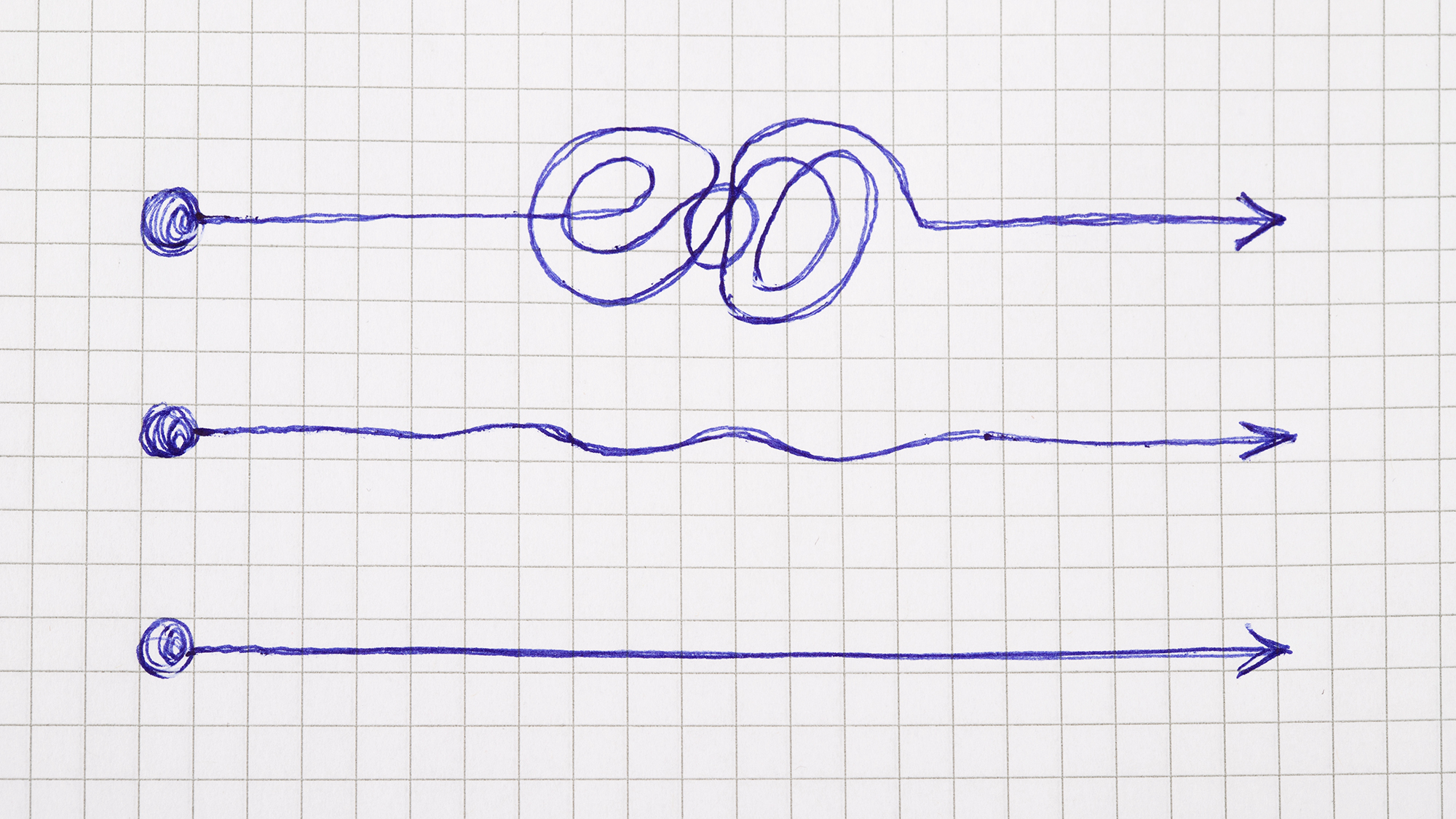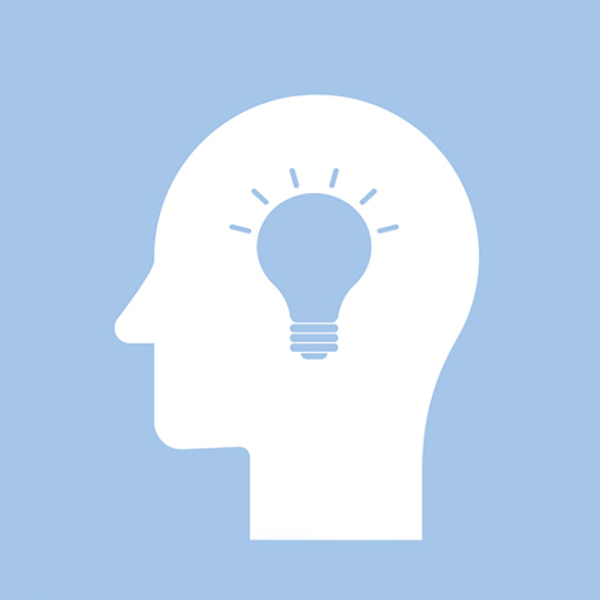Reading Boosts Your Performance. Seriously.

Readers keep learning – about lots of things. And you never know when the new knowledge you acquire will come in handy. By reading a lot, you will be better equipped to tackle the many unforeseen challenges life throws at you and stay agile in your career.
“Knowledge is the new money,” learning entrepreneur and best-selling author Michael Simmons argues. Workers who prioritize knowledge acquisition over money acquisition will win out in the end. A busy schedule is no excuse not to read and learn: Former US president Barack Obama dedicated one hour a day to reading. Microsoft founder Bill Gates and legendary investor Warren Buffett are also known to be prolific readers.
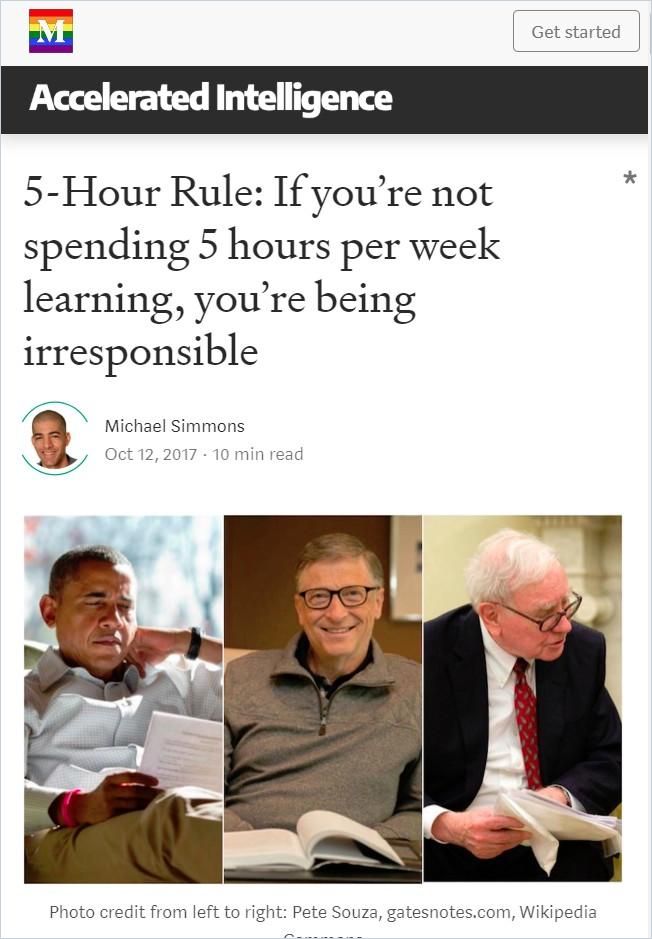
Not convinced yet that reading is worth your time? Here are five ways in which reading can boost your job performance:
1. Reading Boosts Your Concentration
Pop-ups, team chats and phone messages: Constant interruptions are hurting our attention span. Researchers have found that constant interruptions take a toll on our cognitive functions. Moreover, people habituated to frequent interruptions also self-interrupt more often.
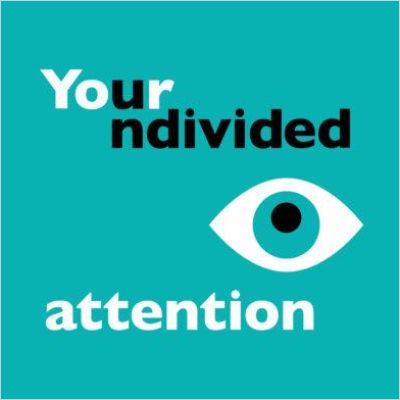
Yet the ability to focus is essential for and central to knowledge work. To use Cal Newport’s phrase, “deep work” helps you reach better results. Our ability to focus is like a muscle. It can be trained with deliberate practice. Reading is a great way to build up your concentration span. Start with 10 minutes of uninterrupted reading, and gradually extend your reading time.
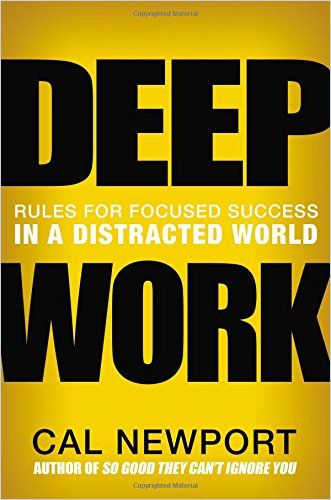
A 2005 comparative study conducted among students was able to demonstrate a strong link between reading skills and attention span. Reading strengthens your ability to focus because it is neurologically more demanding than speech or image processing. As Ken Pugh, director of Haskins Laboratories at Yale University explains, reading forces several brain areas to work together, including brain areas associated with vision, language and associative learning.
Reading also affords greater concentration because it prompts your brain to generate a narrative and boosts your imagination, Maryanne Wolf, director of the Center for Dyslexia, Diverse Learners, and Social Justice at UCLA, explains. Also, reading enables you to pause and reflect at any time, which allows you to engage with the content more deeply than if you just listened to an audiobook.
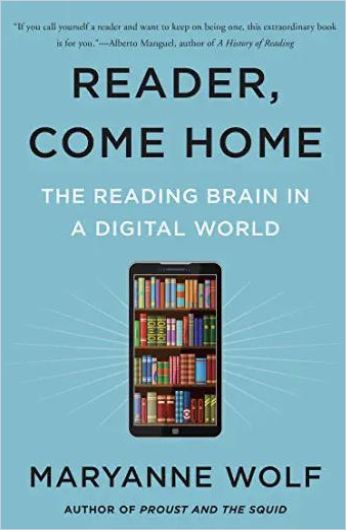
2. Reading Reduces Stress
We can all use a quick and effective technique to boost stress. Turns out, you don’t need to schedule a massage or attend a yoga class to calm down your nervous system. Just picking up something to read will do the trick.
A study conducted by the University of Sussex in the UK found that reading for just six minutes – the length of a short getAbstract summary (!) – reduces stress levels by more than two-thirds.
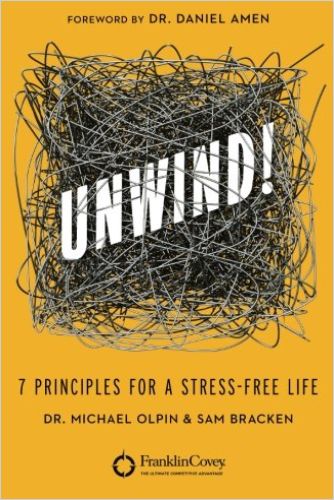
Reading brings down stress levels faster than going for a walk or listening to music because it forces your concentration, prompting the body to release unnecessary tensions in the muscles and heart. By the way, that’s also why many find reading before bed helps them go to sleep faster.
3. Reading Makes You a More Effective Communicator
In a hybrid and remote work environment, it’s no longer the person with the loudest voice who will win. It’s the person with the best idea, articulated concisely and clearly, who will grab people’s attention. Your word and sentence choices are what you will be judged by. Whether you are writing an email, report or a chat message, you will want to engage your audience so people keep reading – and understand precisely what you want to say.
You set yourself up for success by honing your writing skills, and reading is a great way to do so. For one, it helps you expand your vocabulary. This is particularly significant for non-native English speakers navigating an English-speaking remote work environment. For another, reading lets you absorb the writing style of other (hopefully) skilled writers. For this type of learning to work, however, you would want to focus on the same types of writing you wish to get better at.
4. Reading Strengthens Your Empathy
Soft skills are increasingly important in a technologically advanced workplace. One key soft skill is empathy – the ability to put yourself into other people’s shoes. This is particularly important now that the workplace has become highly diverse. Being able to work together effectively with people from different generations and cultures, backgrounds and sexual orientations is an essential career skill.
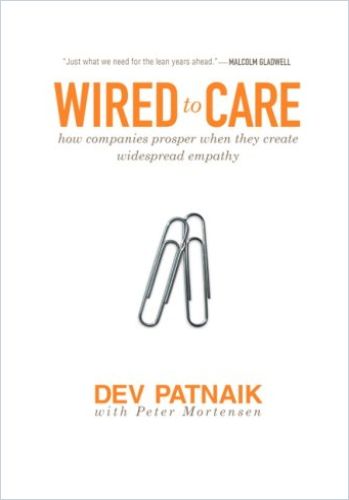
Reading literary fiction and biographies, in particular, offers opportunities to step outside yourself and your familiar life circumstances. It transports you into another person’s mind and see and feel what they do.
A 2006 study found that frequent fiction readers are better able to understand people in the actual world. Frequent fiction readers are also better at gauging other people’s thoughts and emotions through visual cues, the study found.
5. Reading Increases Your Creativity
Reading exposes you to different worlds, ideas and perspectives. Reading keeps the mind agile – which comes in handy during a brainstorming session. Connect what you’ve learned during a reading session to what you already know and – boom! – a new idea is born.
While ever-smarter computers take over more and more routine tasks, fresh ideas and imagination will still need to come from human beings. In both 2019 and 2020, LinkedIn ranked creativity as the most in-demand soft skill for companies. Over 80% of companies connect creativity with strong business results.
Creativity involves connecting seemingly unrelated dots to generate new solutions. The broader your knowledge base (which reading helps to build), the more dots you will have at your disposal.
Another prerequisite for Eureka moments is having an open mind, which reading, by exposing you to new ideas, helps foster. The ability to imagine something that does not (yet) exist is another trait that creative people and avid fiction readers have in common.
Your reading does not need to be directly connected to your field of work. In fact, you will benefit if it isn’t – so feel free to pick up a book of fiction. As theoretical physicist Tom McLeish explains, creative imagination underpins all great scientific breakthroughs. Science involves reimagining nature in a way that is similar to the ways novelists create fictional worlds, while scientific and artistic creativity both elicit similar emotions.
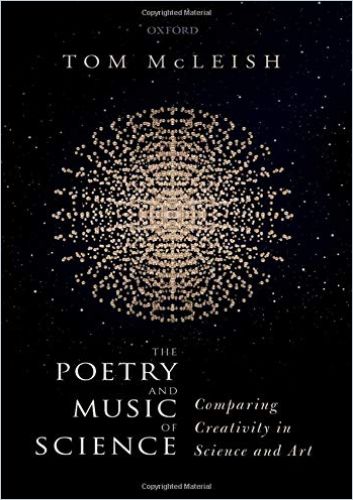
A piece of fiction can reveal themes that relate to the workplace and your life in general. If picking up a piece of classic literature seems daunting, getAbstract’s Literary Classics summaries offer a great entryway into the world of great fiction writing. In her column, Literary Classics editor Heather Hodel explains how literary themes apply to contemporary challenges.
How getAbstract Can Help Boost Performance Through Reading
An independent survey commissioned by getAbstract found that getAbstract subscribers purchase twice as many books as non-subscribers. Most subscribers said they feel inspired to dig into specific books after reading the respective summary on getAbstract.com. Survey participants also indicated that they feel more informed and successful in the job by having a resource like the getAbstract library at hand.
getAbstract subscribers can reap all five benefits of reading outlined in this post. Here is how:
- Concentration – If you don’t yet have an established reading habit, start small. Build up your attention muscles by carving out 10 minutes of concentrated reading and reflection per day. Start with our article summaries (which are shorter than full-length articles and will take you less than 10 minutes to read), and gradually extend your reading time to tackle book summaries. (Learn more about the power of habits here.)
- Stress reduction – It takes only six minutes of reading to reduce stress. That’s one short summary! By downloading the getAbstract app, you will have a stress buster at your fingertips.
- Communication – Our summaries don’t beat around the bush. They use concise, easy-to-understand language to get the point across. Internalize the craft of concise summary writing by reading our summaries.
- Empathy – If reading an entire novel feels intimidating, give our Literary Classics summaries a try! Or expand your empathy by delving into one of our summarized biographies. Of course, you can always check out our Emotional Intelligence channel to learn more about this important skill.
- Creativity –The range of topics covered by the getAbstract library is extremely broad – on purpose! Pick out summaries on topics outside your area of specialization. This will help you make new connections and come up with fresh ideas. Three channel recommendations to start off with: History of Science, Society and Decision-Making.
